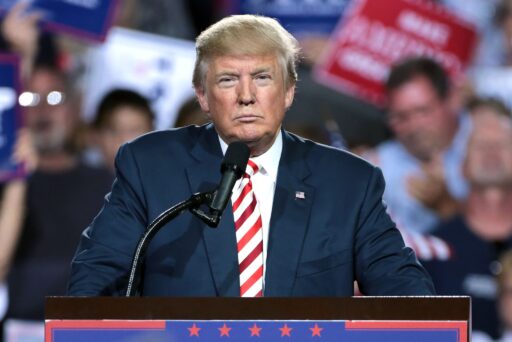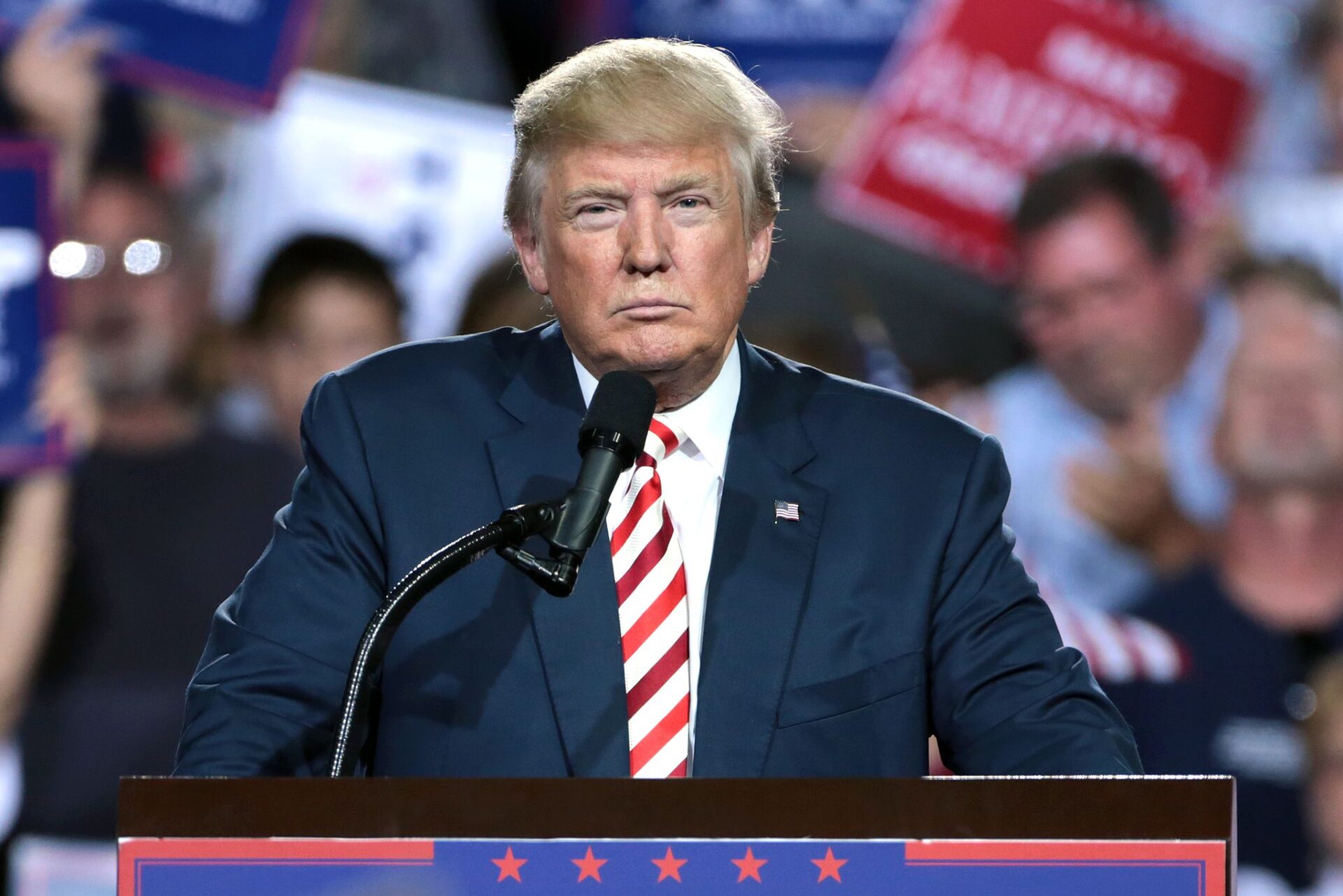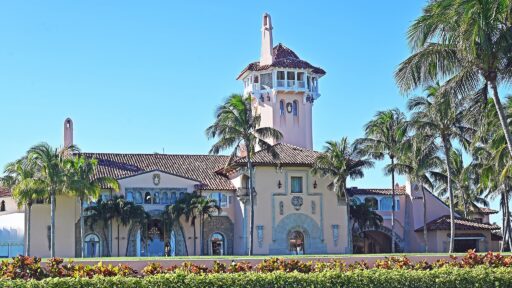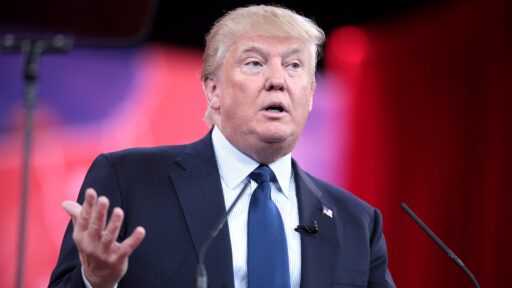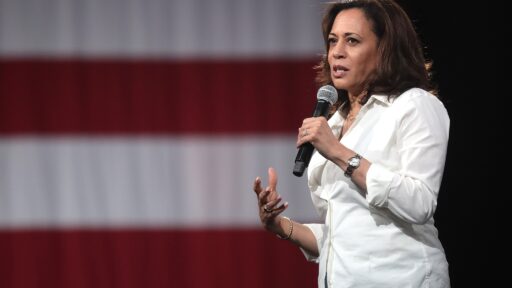Jack Smith’s hands are tied but he refuses to let Trump off the hook.
Special Counsel Jack Smith is navigating complex decisions as he determines the next steps in the prosecution of former President Donald Trump related to the January 6th Capitol riot. Recent developments, particularly the Supreme Court’s ruling on presidential immunity, have added significant challenges to Smith’s case.
Last week, Smith requested an extension for deadlines in the Trump case, pushing them to late August. This is a notable shift from his earlier push for a speedy trial before the upcoming election. The Supreme Court’s decision, which confirmed that former presidents like Trump have broad immunity from criminal prosecution for actions taken while in office, has complicated Smith’s strategy.
The ruling has forced Smith to reconsider his approach. He now faces the option of either refining his case against Trump, pushing for a detailed pre-trial hearing, or potentially broadening the indictment to include charges against Trump’s co-conspirators. This includes notable figures such as Rudy Giuliani, John Eastman, and Sidney Powell, who were not initially indicted.
Barbara McQuade, a former U.S. Attorney, suggested that Smith may be reevaluating his strategy in light of the Supreme Court’s decision. Initially, Smith focused on Trump as the primary target, aiming for a streamlined prosecution. However, with a pre-election trial no longer feasible, Smith might consider charging the other individuals involved to strengthen the case.
Smith acknowledged the impact of the Supreme Court ruling in his request for the deadline extension, indicating that his team is still evaluating how the new legal precedent affects their case. This evaluation involves careful consideration of how to proceed under the new constraints imposed by the ruling.
Former federal prosecutor Kimberly Wehle noted that the Supreme Court’s decision limits the use of evidence related to Trump’s official actions for other charges. This poses a challenge for Smith, who must now assess which evidence remains viable and how it affects the case’s overall structure.
With the potential for the case to return to the Supreme Court, Smith must also weigh the strategic implications of any decisions made at the district court level. Prosecutors are working to ensure that their approach aligns with the Supreme Court’s guidelines while building a robust case.
The extension of deadlines to August 30 and the subsequent status conference on September 5 suggest that Smith is carefully navigating these legal complexities. The Supreme Court’s ruling has added layers of uncertainty, and Smith’s approach moving forward will likely reflect a balance between adhering to legal precedents and effectively prosecuting those involved in the January 6th events.
In sum, the Supreme Court’s immunity decision has created a challenging environment for Special Counsel Jack Smith, forcing him to reassess his strategy and adapt to the evolving legal landscape. As he moves forward, the implications of this ruling will play a critical role in shaping the trajectory of the prosecution.


